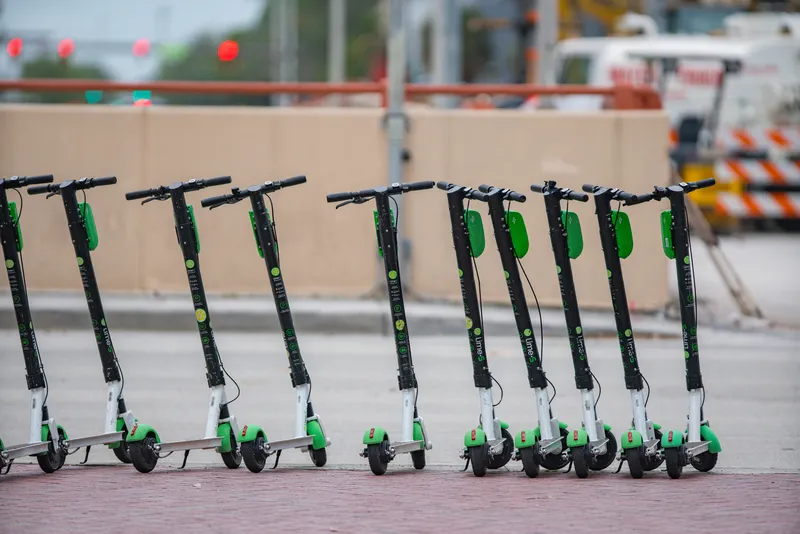Moia, the mobility startup from
Volkswagen Commercial Vehicles and Volkswagen Osnabrück planned, developed and built the Moia car, which according to WLTP-standard has a range of more than 300km and can be charged up to 80% in around 30 minutes.
Passengers using a customer app can book and pay for a Moia, which also shows its availability and the cost of booking before making a trip. In addition, a pooling algorithm groups passengers with similar destinations together to increase the car’s capacity and avoid detours.
Each car comes with a WiFi connection and has seats equipped with dimmable reading lights and USB ports. The automatic door and handlebar are designed to make it easy for passengers to get in and out. Luggage can be stored in an area next to the driver.
The Moia has been tested in Hannover since October 2017 and its components are continuously developed in real time.
Ole Harms, Moia’s chief executive officer, said: “We started one year ago at TechCrunch in London with the vision of partnering with cities to improve the efficiency on their streets. We want to create a solution for the typical transport problems that cities face, such as traffic, air and noise pollution, and lack of space, while simultaneously helping them reach their sustainability goals. In a short time, we’ve laid the groundwork to add a new mobility component to the urban mix. In 2018, we’ll be ready to launch our ride pooling concept internationally and take the first steps toward our goal of reducing the number of cars in major cities by one million in Europe and the USA by 2025.”
Robert Henrich, Moia’s chief operating officer, said: “The car represents total comfort and is a crucial piece of our consistent service experience. We developed it using our co-creation process, which involved multiple rounds of potential users of various age groups testing cars and providing feedback. Many of the ideas from this process went directly into the development of the car. We’re also working on other future versions as well.”
Moia’s ride pooling concept plans to replace 1 million cars on roads
Moia, the mobility startup from Volkswagen Group, has introduced a fully electric six-seated car as part of its ride pooling concept that plans to replace 1 million cars and reduce congestion on major cities in Europe and the USA by 2025. The car, unveiled at TechCrunch in Berlin, will launch in Hamburg at the end of next year. Volkswagen Commercial Vehicles and Volkswagen Osnabrück planned, developed and built the Moia car, which according to WLTP-standard has a range of more than 300km and can be charged
December 6, 2017
Read time: 3 mins








